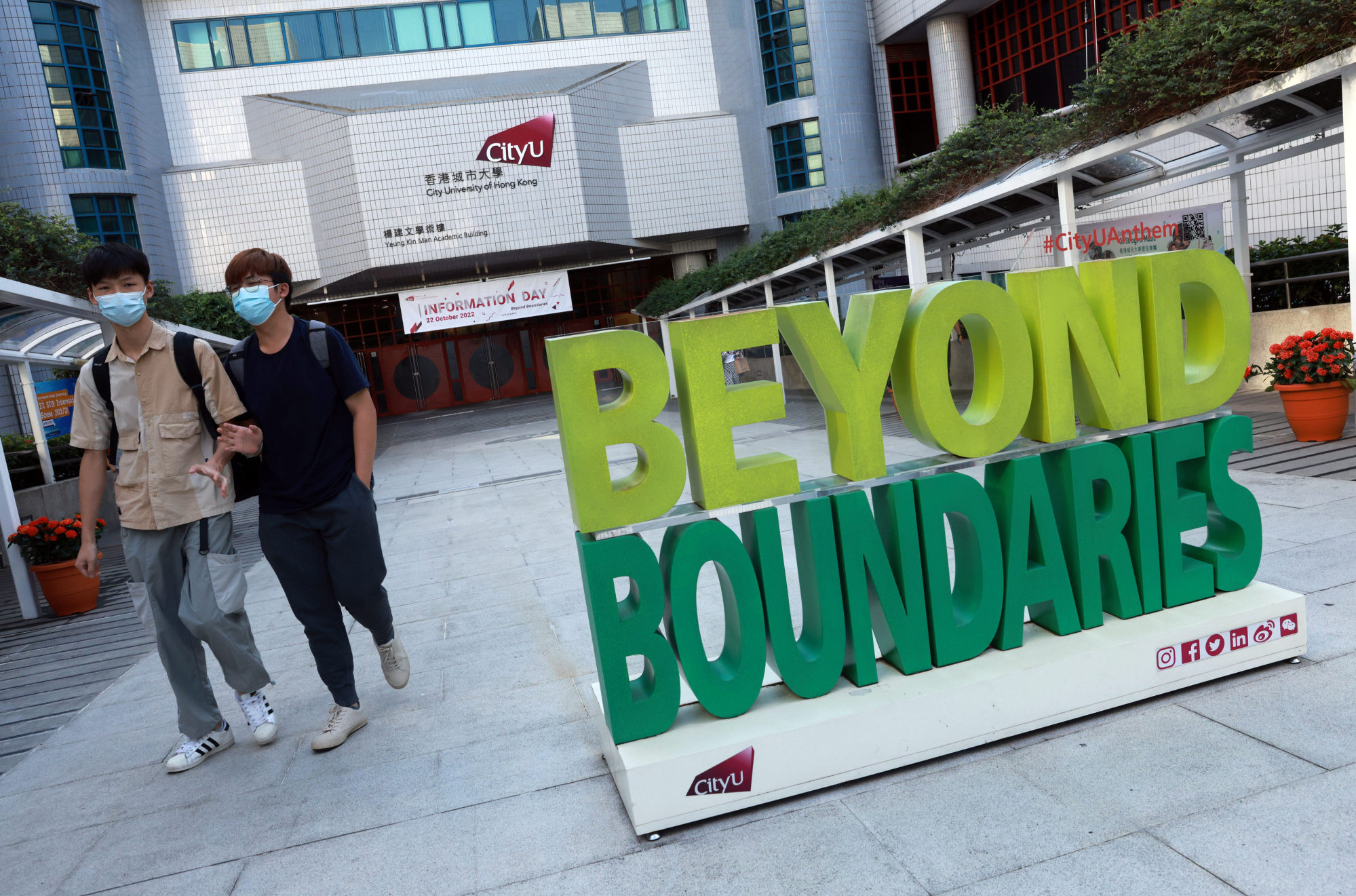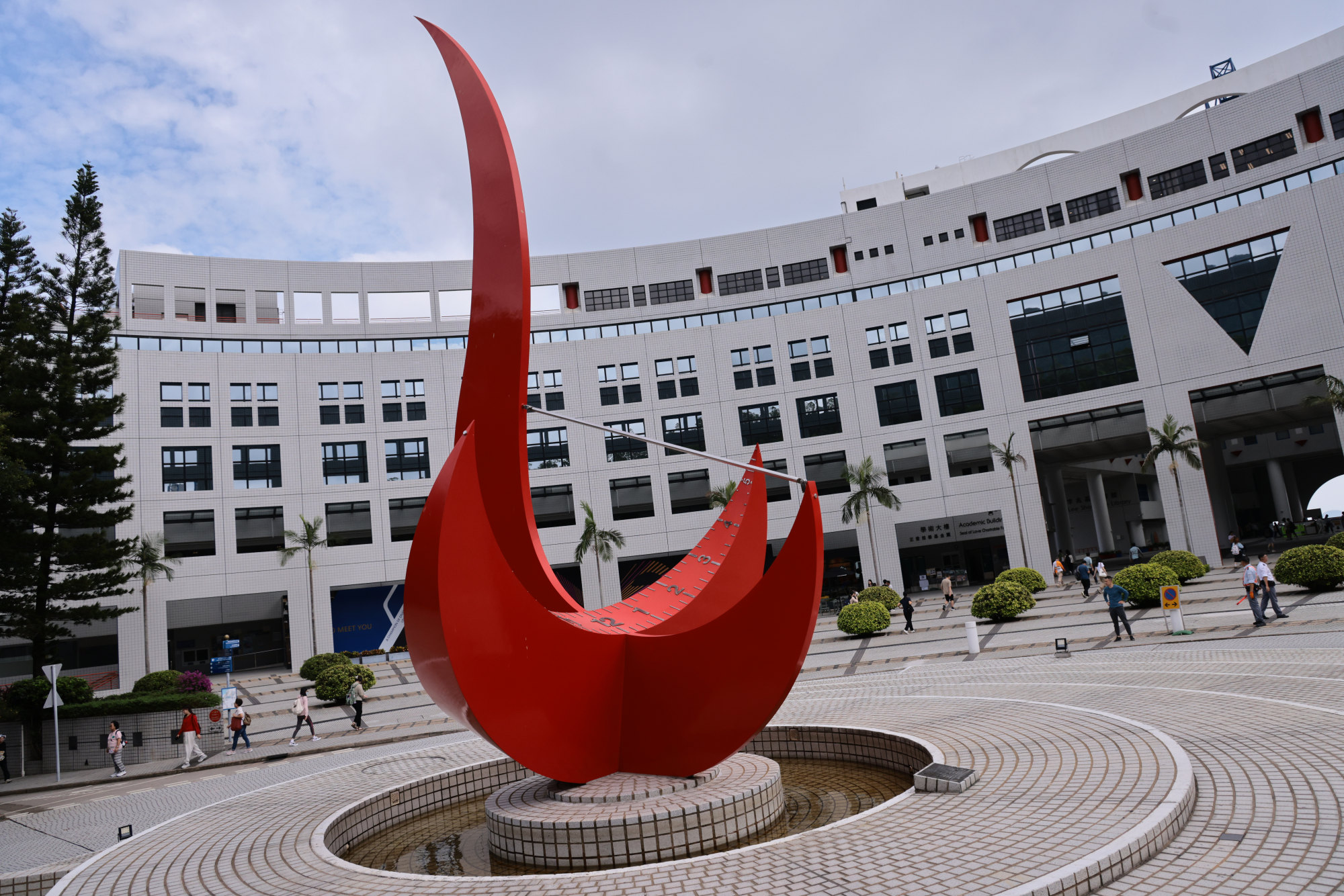
Academic staff departures at Hong Kong public universities hit highest since 1997 handover, with 380 leaving jobs
- Education University of Hong Kong logs highest jump in departure of academics, doubling to 36 in 2022-23 from 18 in 2021-22
- University of Hong Kong comes in second, ahead of City University and Baptist University
The turnover rate for academics at Hong Kong’s eight publicly funded universities reached 7.6 per cent in the previous academic year, the highest in more than two decades, with 380 leaving their jobs, according to official data.
The number of academics departing Education University of Hong Kong (EdU) doubled, pushing its turnover rate to 13 per cent.
The University of Hong Kong (HKU), the city’s oldest tertiary-level institution, lost 67 academics compared with 42 the year before, giving it a turnover rate of 6.3 per cent.
The University Grants Committee, which allocates funding to public universities, said resignations, contract terminations or completions, as well as retirements, were counted in its figures for staff members who have left.

While its figures released on Friday showed that 380 out of about 5,000 academics left in the 2022-23 school year, up from 361 in previous one, public universities had also hired 660 new academic staff.
The citywide 7.6 per cent turnover rate was up slightly over last year’s 7.4 per cent
EdU has seen a twofold increase in departures, doubling to 36 from 18 and marking the highest turnover rate among all institutions. A spokesman said the university had noted different reasons for the departures.
“In accordance with the needs of teaching and research, EdUHK regularly reviews its human resource strategy and recruits suitable talent for vacancies,” he said.
Hong Kong subsidised university fees fall behind rising bachelor’s degree costs
An HKU spokeswoman said the number of researchers and educators at the university had fluctuated over the years, with the number of new hires consistently exceeding the number of departures.
“Reasons for faculty departures vary,” she said. “They include retirement, completion of contracts, and resignations.”
Anthony Cheung Bing-leung, EdU president between 2008 and 2012, said the figures “did indicate a higher turnover of staff”.
“We need to know the breakdown to comment meaningfully,” he said. “For example, among those leaving individual universities, how many are moving from one institution to another in Hong Kong and how many are leaving Hong Kong.”
Cheung said some new teaching staff might have been told to leave after three years for not meeting performance requirements.
Hong Kong considering tuition fee hike for public universities: education chief
“There might be some young academics in the humanities and social sciences leaving Hong Kong because of the changing political environment, but I do not have the statistics,” he said.
Paul Morris, the former president of the university from 2002 to 2007, said Hong Kong had become far less attractive for academics since the introduction of the national security law in 2020, especially for those working in the social sciences.
“Any critical scholarship might be defined as contravening that law as it is so vague and broad,” he noted. “Universities are also seen as less autonomous and increasingly controlled by the state.
“This is especially the case at EdUHK which has set up a centre to promote the national security law and develop a compulsory curriculum for all higher education students in Hong Kong.”
City University (CityU) and Baptist University each saw about 20 per cent more staff quit in the last academic year compared with the previous one.

Lingnan University, the Chinese University of Hong Kong, Polytechnic University and the Hong Kong University of Science and Technology had fewer academics leaving in the last school year.
Before the city’s emigration wave in 2021, turnover rates at public universities were less than 6 per cent, with fewer than 300 academic staff departing.
The number of undergraduate students dropping out has also declined after it reached a record high last year.
Hong Kong looks to mainland China, overseas institutions with university town
In the 2022-23 academic year, 2,073 – or 2.4 per cent – of undergraduate students discontinued their studies in the public universities, down from 2,302, or 2.7 per cent, registered in 2021-22.
CityU logged the highest number of dropouts among all public universities in 2022-23, with 404 students, or 3.4 per cent.
Lingnan University and PolyU came in next, at 3 per cent and 2.8 per cent, respectively.
A CityU spokesman said the reasons behind students’ withdrawal from studies were diverse, but primarily originated from personal factors.
Less than 2 per cent of undergraduate students quit the public universities citywide before Hong Kong’s emigration wave kicked off from 2021.
Back in 1996-97, ahead of the city’s return to Chinese sovereignty, the turnover rate was 9 per cent.

